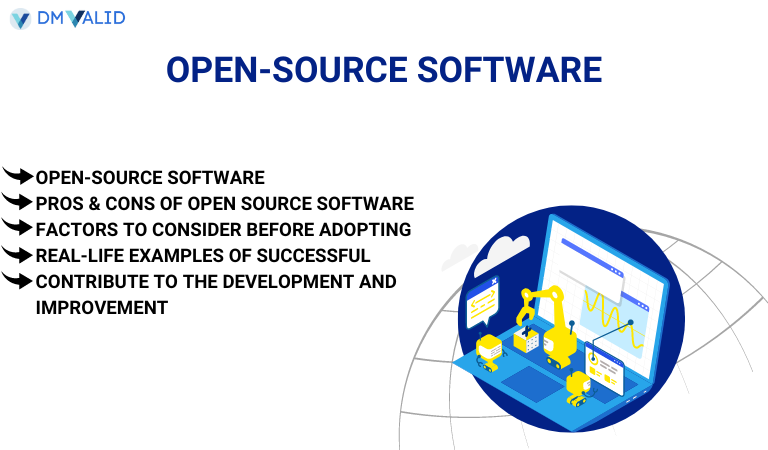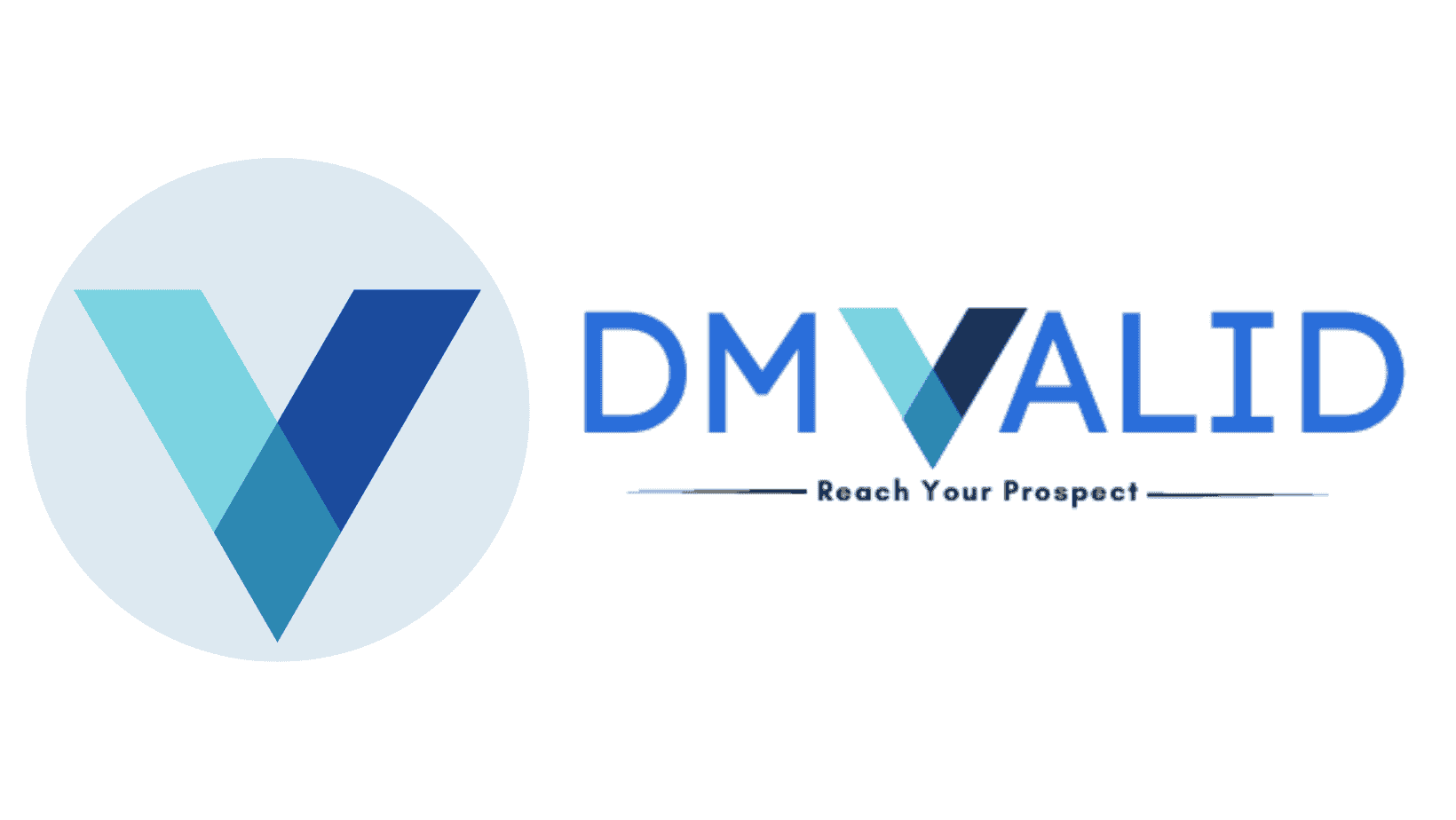Table of Contents
Introduction
Analyzing the pros and cons of open-source software is crucial for businesses to make informed decisions about their software infrastructure. On one hand, open-source software provides cost savings, flexibility, and customization options. It also promotes transparency, security, and vendor independence. On the other hand, it may lack official support, require additional expertise, and demand maintenance responsibilities.

What is open-source software?
Software that is created and distributed with its source code freely available to the public is referred to as open-source software (OSS). The source code of conventional proprietary software is normally kept secret and only available to the software’s developers or authorized users. However, open-source software takes a different approach by making its source code openly accessible to anyone.
- Open-source software provides users with the ability to access and view the underlying source code.
- Open-source software often benefits from a community of developers, enthusiasts, and users who contribute to its development, maintenance, and support.
- Users are often encouraged to share their improvements and modifications with the community to foster collaboration and innovation.
- The source code is freely available, there are typically no licensing fees, allowing organizations to allocate their budget to other critical areas.
- Even if the original creators or companies discontinue their involvement, the software can continue to evolve under the stewardship of the community.
Pros & Cons of open source software
Pros of open-source software
- Cost Savings
- Flexibility and Customization
- Transparency and Security
- Community Support
- Vendor Independence
- Quality and Reliability
- Long-term Viability
- Global Support and Localization
- Education and Learning
- Rapid Bug Fixing
- Improved Market Competition
Cons of open-source software
- Lack of Official Support
- Learning Curve and Expertise
- Complexity and Fragmentation
- Limited Customization Support
- Perception of Lower Quality
- Patent and Licensing Issues
- Fragmented Documentation
- Lack of Standardization
- Intellectual Property Risks
- Perception Challenges
- Interoperability Challenges
Factors to consider before adopting open-source software
- open-source software aligns with your business objectives and it can effectively address your unique challenges.
- Evaluate the scalability of the open-source software. Consider whether it can accommodate your future growth and increasing demands.
- While open-source software is often cost-effective, consider the total cost of ownership.
- Assess the availability of skills and expertise required to implement and maintain the open-source software.
- Evaluate the strength and vibrancy of the open-source community surrounding the software. Consider the size, activity level, and diversity of contributors.
- Assess the available support options for the open-source software. Determine the level of community support, availability of documentation, and active forums or mailing lists.
- Evaluate the security practices and track record of the open-source software. Assess the frequency and timeliness of security updates and patches.
- Conduct a thorough risk assessment to identify potential risks and challenges associated with adopting open-source software
- Consider the ease of integrating open-source software with your existing systems and infrastructure. Assess compatibility with other software applications, databases, and hardware.
Real-life examples of successful open-source software implementation
- OpenOffice/LibreOffice: OpenOffice and its derivative, LibreOffice, are open-source office productivity suites that provide alternatives to proprietary software like Microsoft Office.
- WordPress WooCommerce: WooCommerce is an open-source e-commerce plugin for WordPress, one of the most popular content management systems.
- Apache Hadoop: Apache Hadoop is an open-source framework for distributed storage and processing of large datasets. It enables organizations to store, process, and analyze massive amounts of data across clusters of computers.
- Python Programming Language: Python is an open-source programming language known for its simplicity, readability, and vast ecosystem of libraries.
- Mozilla Thunderbird: Mozilla Thunderbird is an open-source email client and personal information manager. It offers features such as email organization, spam filtering, and calendar integration.
- PostgreSQL Database: PostgreSQL, also known as Postgres, is an open-source object-relational database management system.
- OpenCart: OpenCart is an open-source e-commerce platform that enables businesses to create and manage online stores.
- VLC Media Player: VLC Media Player is an open-source multimedia player capable of playing various audio and video formats. It is known for its versatility, cross-platform compatibility, and support for multiple codecs.
- Magento: Magento is an open-source e-commerce platform that provides a flexible and customizable solution for building online stores.
How can your business leverage the open-source community to contribute to the development and improvement of the software you use?
- Encourage your developers and technical team members to actively participate in the open-source community.
- If your team has the expertise and resources, consider contributing code to the open-source software projects you use.
- Help improve the documentation and user support materials associated with the open-source software.
- Consider providing financial support or sponsoring open-source projects that are critical to your business operations.
- Actively participate in testing new releases, beta versions, or pre-release builds of the software.
- This can involve writing case studies, blog posts, or presenting at conferences or meetups.
- Explore opportunities for collaborative projects with other organizations that use the same open-source software.
- Provide constructive feedback, share your requirements, and participate in discussions related to the software’s roadmap and future development.
Conclusion :
Ultimately, open-source software can be a viable choice for many businesses, especially those willing to invest in the necessary resources to leverage its benefits. However, it’s crucial to conduct a thorough analysis of your requirements, consider the available alternatives, and weigh the pros and cons before making a decision that aligns with your organization’s goals and long-term strategy.
Content Writer at DM Valid
Asifa Khanum is a Content Specialist at DM Valid. I fulfilled roles in marketing that shaped her interest in finding innovative solutions to modern-day problems.


